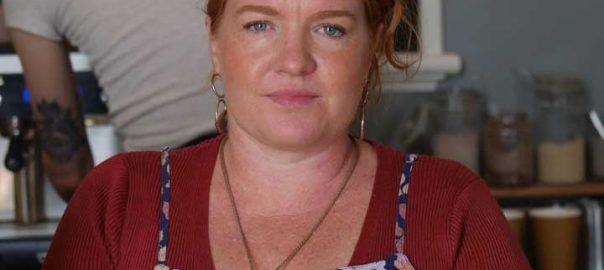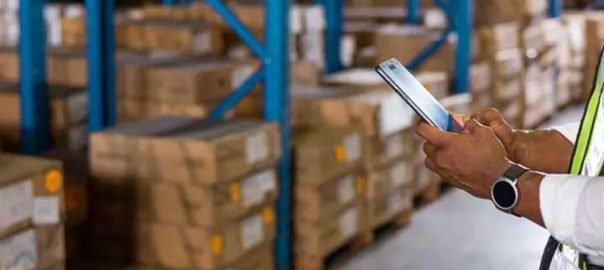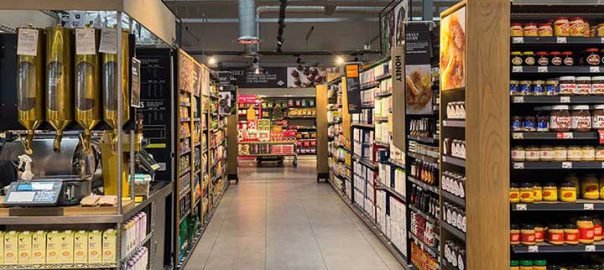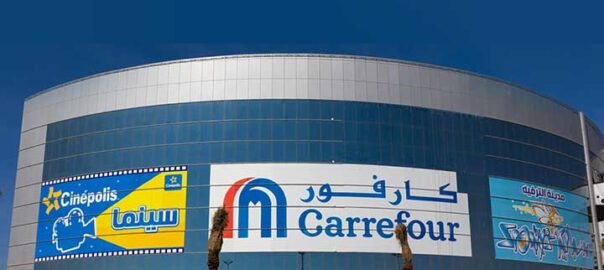Author credits: Brianna Melville
Australian Broadcasting Corporation
Cafe owner Pia Richardson has hit the footpath to hand out flyers in the hope of encouraging customers into empty seats in her Geraldton cafe, 420 kilometres north of Perth.
Business has been dwindling since December, she says, and the slump has forced her to confront the prospect of flipping the “closed” sign for good.
Her difficulties are echoed across the nation as a new report by CreditorWatch shows businesses, especially in the food and beverage sector, are struggling.
Hospitality closures hit a record high of 9.3 per cent — one in 11 businesses — in the 12 months to February, up from 7.1 per cent in the previous 12 months as customers under cost-of-living pressure cut their discretionary spending.
The report says the food and beverage services sector is dealing with the rising costs of food, energy and insurance price hikes, wage increases and higher rents.
Ms Richardson says she expected ups and downs when she opened the cafe in the WA mid-west coastal city in 2021, but not such steeply rising food costs and a doubling in insurance premiums.
“The cost of milk and butter have gone up 50 per cent,” she said.
“You can only pass it on so much before people won’t buy any more.
“It just wears away the little bit of profit that you have and you start eating into your spares (reserves of money),” she said.
Two break-ins at the business in recent months have added to the financial strain.
“Each time, we lose trade, we lose money (and) we have to pay to fix things,” she said.
‘Zero customer’ days add up
Down the road at a simulated car racing business, owner Edward Davidson says he is also having more “zero customer” days than ever.
Mr Davidson said he started Davos Sim Racing to keep on top of his mortgage when he “got too old to be in the mines”.
He dug into his superannuation to get the business established.
Players flooded his small arcade when the doors opened in 2020, but the numbers have dropped by as much as 60 per cent this year.
“I can get 10 days a month now, where there are zero,” he said.
“People just stopped spending. [The] business’s intake’s gone down, the lease has gone up, the insurances have gone up, the power’s gone up.
“We haven’t put our prices up.”
However, he says lots of locals pay for the same experience in Perth when they visit the capital city.
“They’re just taking the money out of town,” Mr Davidson said.
“They [locals] spend online or they spend out of town. Small family businesses really need the support of locals, otherwise, they shut down, and there’s nothing here.”
Inflation tightens wallets
Mid West Chamber of Commerce and Industry chief executive Joanne Fabling said the Reserve Bank’s efforts to bring inflation down over recent years had concentrated effects on small businesses.
“The whole reason for holding interest rates up was to get people to stop spending,” she said.
“Who does that affect? First and foremost, it will be where the discretionary cash goes, which is the cafe.”
Ms Fabling said rises in insurance costs were affecting sporting clubs and events as well as small businesses.
She said the increase in natural disasters had driven up premiums and those based in coastal areas were some of the worst affected.
However, businesses could not operate without insurance.
“I would love a federal election commitment from the major parties around how the federal government can mitigate some of these insurance risks,” Ms Fabling said.
“We need to be able to provide assistance to our small to medium enterprises so that they can operate effectively.
“Insurance as an overhead is going to kill them.”
Ms Richardson and Mr Davidson said it would help if customers shopped locally when they could.
“I had one of my friends say, ‘I always go through a drive-through and get a toastie, and I forget to come here’,” Ms Richardson said.
“It’s just about being mindful, and if it is about choosing a multinational, or a corporation over a small business, choose the small business.”
News Credit: https://www.abc.net.au/news/2025-03-19/cafes-hospitality-closures-record-high-as-
spending-falls/105052348










